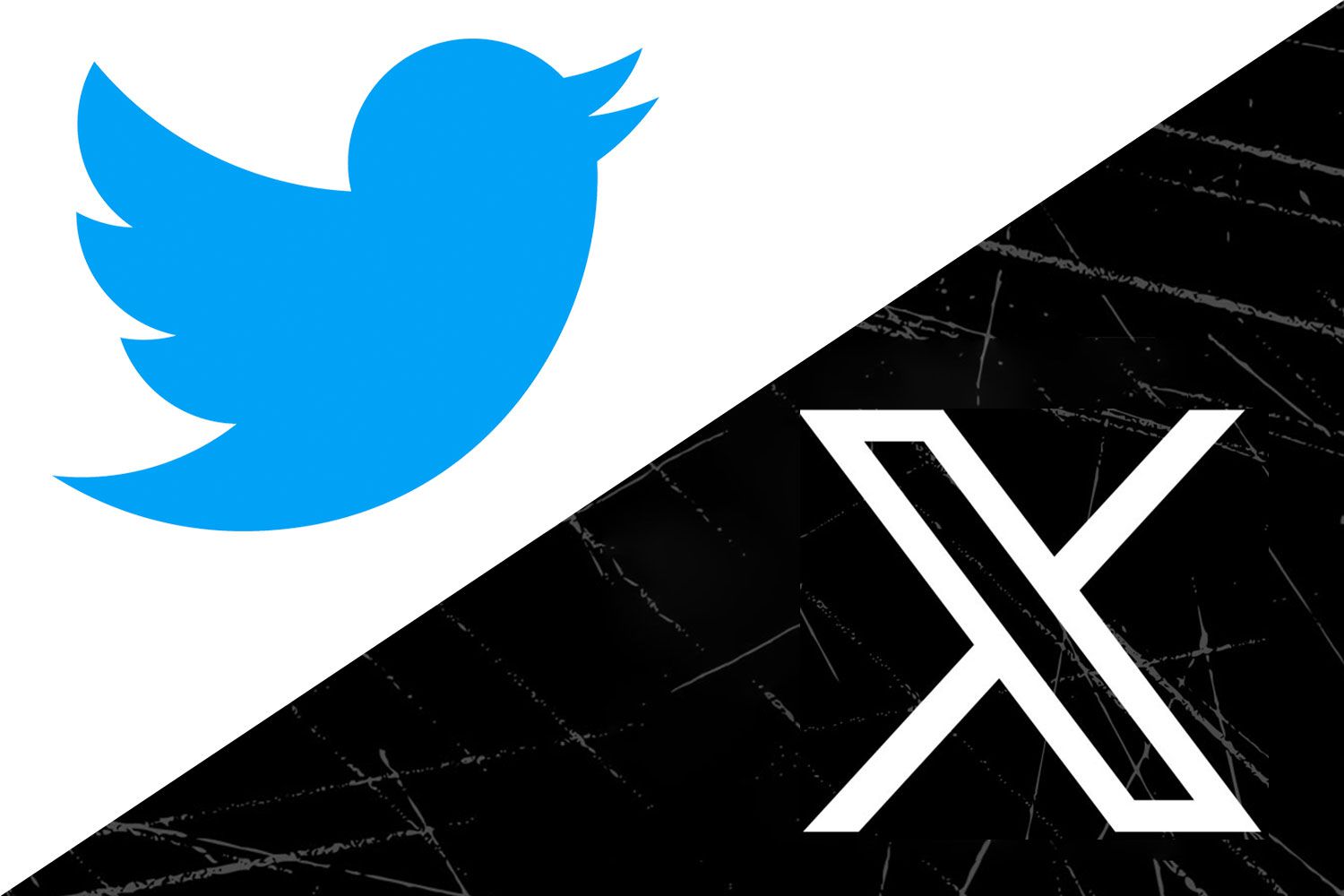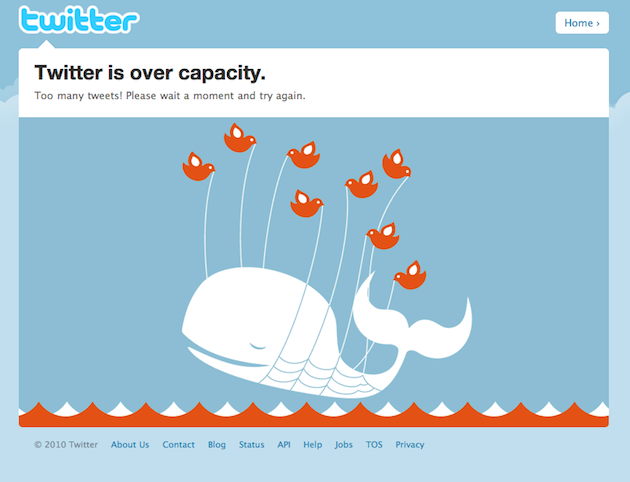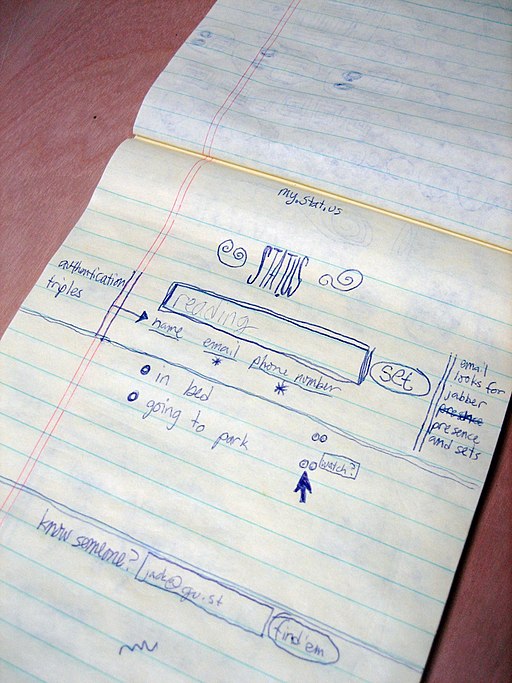Goodbye, Twitter

Twitter is now X.
"Ex", "ten", "ex-twitter", or "the service formerly known as Twitter", it doesn't matter much. What matters (to me), is that this feels like the end of an era —from now on, it will be something else.
I feel that there is a whole Internet generation with a special place for Twitter in our hearts.
I signed up for twitter in December 2006. This was the time when the first wave of podcasting was getting traction. This was the time of Dave Winer's Morning Coffee Notes and Adam Curry's Daily Source Code ("we don't need no stinking transmitters!") which was my inspiration for my own podcast.
Much like every other podcaster at the time, I was trying to understand how this new format works, and I was eager to try every new tool and service that promised to make podcasting better. One of them was ODEO. I loved Odeo, and the people behind it, the co-founders of Pyra Labs, Noah Glass and Evan Williams, made it even more special to may eyes. Pyra Labs was the company that built blogger.com which is fair to say that made blogging accessible to everyone and transformed the Web from a read-only medium to read-write one for most.
In 2006, Odeo (actually Obvious Corp, the company that was formed to hold Odeo and other products the team would develop) launched Twitter, and since I was following what Odeo and Ev were doing, I had to try it. I was user #74233.
A sketch, c. 2006, by Jack Dorsey, envisioning an SMS-based social network 1
For a few years, Twitter was a public place where "Internet geeks" would "gather". The Internet was much smaller than today (not small, but much smaller), and the first Twitter users were the people we already knew from blogs and podcasts. The most followed accounts were not brands, politicians or pop stars, but bloggers, podcasters, developers and tech entrepreneurs.
To me, and I think for many people like me at the time, twitter's appeal was twofold:
- It was an open system, with a simple, open API, true to the ideas of Web2.0 at the time: A service we could integrate with our own services, write scripts for, build tools and applications on top of.
- I did not have to find a title for my content. Before Twitter, "publishing to the web", was synonymous to blog posting and blog posts have titles which add a huge overhead when you want to write something casual —it just did not feel right to have blog post containing a single sentence and find a title for it. Blogs were not designed with this "casual posting" in mind, and Twitter's simplicity was liberating.
Twitter was home of many innovations and some of them originated came from their users.
It introduced the @username namespace. Until then, you either had a username or an email. The @username namespace is still a huge part of Twitter's brand equity.
The (initially small) scale allowed for features that have long been gone. Like the track command: You could tweet track pizza and you would get notified whenever someone posted a tweet containing the word pizza. You could also use it to track usernames, which allowed you to get all mentions of a specific username.
There was no "retweet": Users would copy paste a tweet and add rt @username in front of it (like this). Which meant that if you wanted your tweet to be retweeted with credit, you had to make sure there was enough space to add rt @yourusername and still be under the 140 characters limit —and short usernames had a nice advantage.
And there were no hashtags. Hashtags were Chris Messina's "invention" that were later adopted by Twitter.
Oh, and there was also a SMS gateway. (Remember, in 2006 the iPhone was not yet released.) So you could text 40404 (if you were in the US) with your tweet, and get SMS notifications when people you followed tweeted.
We also had "FF", for "Follow Friday": Every Friday, we would tweet FF: followed by usernames that posted interesting content, to help them be discovered by other users.
Twitter also popularised "URL shorteners": Shortening a long link left you more characters to write your comment (and in some cases, it was the only way to make a link fit in 140 characters).
It was the first social network that grew to scale. The problem with scaling a social network with x users (the algebraic symbol as in x+y, not as in "ex-twitter"...) who follow one another is that complexity grows exponentially. So, after a point twitter would go down. And we would get the Fail Whale.

Since then, Twitter grew in scale, solved their technical issues, closed their API, integrated organically hashtags and retweets, expanded beyond 140 characters. A wider audience joined. It became a place for political debate, public discourse, and civic mobilisation, a customer relationships management tool, a sales channel, the breaking news channel. Internet hackers and geeks were hugely outnumbered by celebrities, politicians and their followers together with armies of bots and anonymous (and sometimes, professional) haters.
All this is not good or bad. I've been part of some of these changes, I ran political campaigns using Twitter, I advised companies on how to leverage twitter as a CRM tool, I promoted my work, I joined polarised conversations and received my share of anonymous hate. Things change. It just is what it is.
My original intention was to end this post by saying that Elon killed Twitter. But the Twitter I have in mind has long been gone. I guess that changing the name when everything else has already changed is an honest decision, after all.
(A delayed) Goodbye, Twitter and thank you for the memories.
-
Fail Whale screenshot: Techcrunch ↩
